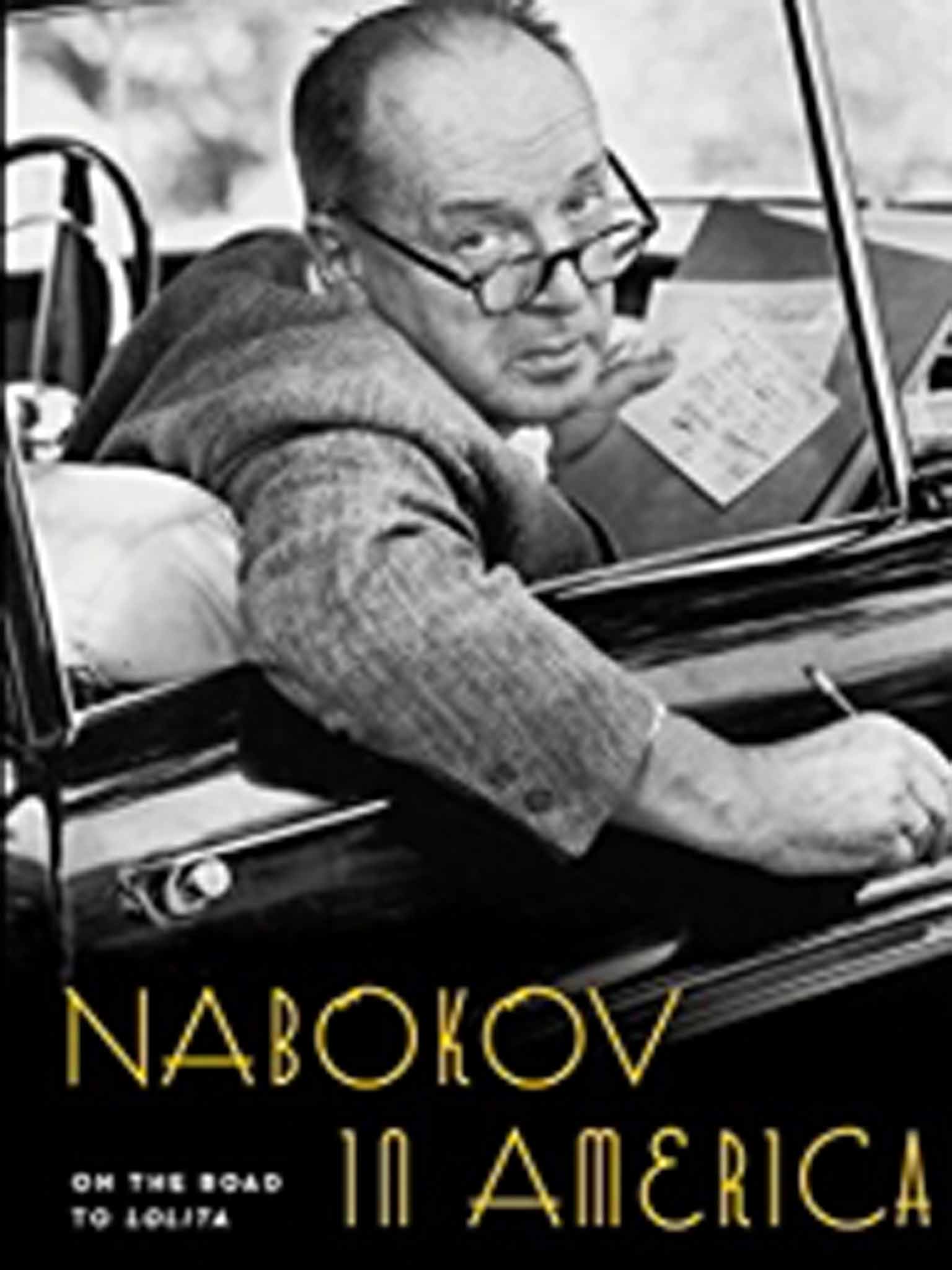Nabokov in America: On the Road to Lolita by Robert Roper - book review: A scholarly journey through an American adventure
This marvellous hybrid of literary criticism and biography sheds light on a Russian writer enraptured by Uncle Sam

Your support helps us to tell the story
From reproductive rights to climate change to Big Tech, The Independent is on the ground when the story is developing. Whether it's investigating the financials of Elon Musk's pro-Trump PAC or producing our latest documentary, 'The A Word', which shines a light on the American women fighting for reproductive rights, we know how important it is to parse out the facts from the messaging.
At such a critical moment in US history, we need reporters on the ground. Your donation allows us to keep sending journalists to speak to both sides of the story.
The Independent is trusted by Americans across the entire political spectrum. And unlike many other quality news outlets, we choose not to lock Americans out of our reporting and analysis with paywalls. We believe quality journalism should be available to everyone, paid for by those who can afford it.
Your support makes all the difference.In his maturity, Vladimir Nabokov came to see the loss of his ancestral Russia as the greatest ordeal of his life. The pre-revolutionary St Petersburg of his childhood was a world of sailor-suited privilege, with English nurses and governesses.
The novelist's father, the liberal statesman VD Nabokov, had been assassinated at a political meeting in Berlin in 1922. He was, according to Trotsky, "an overstarched Englishman" haughtily opposed to people's rule. Vladimir Nabokov's own dandyism – his butterfly collecting, his penchant for Roquefort cheese and pineapple – owed something perhaps to his father's patrician stiffness.
How did a Russian-born novelist with such Fabergé-egg-like refinements produce a rapturous hymn to American roadside culture? Nabokov's 1955 masterwork, Lolita, is a lasciviously compelling account of illicit love as well as a Walt Whitman-like celebration of New World canyons, nature reserves, diners and cowboy-themed motels. Rarely has an émigré writer succumbed so gleefully to the allures of post-war America, according to Robert Roper in his superb biography-cum-essay, Nabokov in America.
In the 20 years he lived and worked in America between 1941 and 1961, Nabokov travelled 200,000 miles by car, Roper estimates. Highway journeys undertaken with his Russian wife, Véra, in search of butterfly specimens opened up postcard-picturesque vistas of the Grand Canyon and the Great Smoky Mountains. Unlike Thomas Mann or other European writers exiled in the US (Bertolt Brecht, notably), Nabokov immersed himself happily in what Roper calls the "demos". In preparation for the five-year composition of Lolita, Nabokov gleaned slang from American teen magazines ("She was loads of fun") and rode on buses to hear teenagers speak.
Humbert Humbert, the unsavoury charmer of Lolita, "reads America through the medium of a child", writes Roper. The paedophile college professor's love for Dolores "Lolita" Haze is amplified by the crazy drive he undertakes with her across 48 states. Whether or not Nabokov was himself prone to fantasies of child love is uncertain.
Against all expectations, Nabokov's "sexy smash" was one of the bestselling novels of the 1950s in America. Roper's marvellous book, a hybrid of literary criticism and biography, sheds light on a Russian writer enraptured by Uncle Sam.
Join our commenting forum
Join thought-provoking conversations, follow other Independent readers and see their replies
Comments